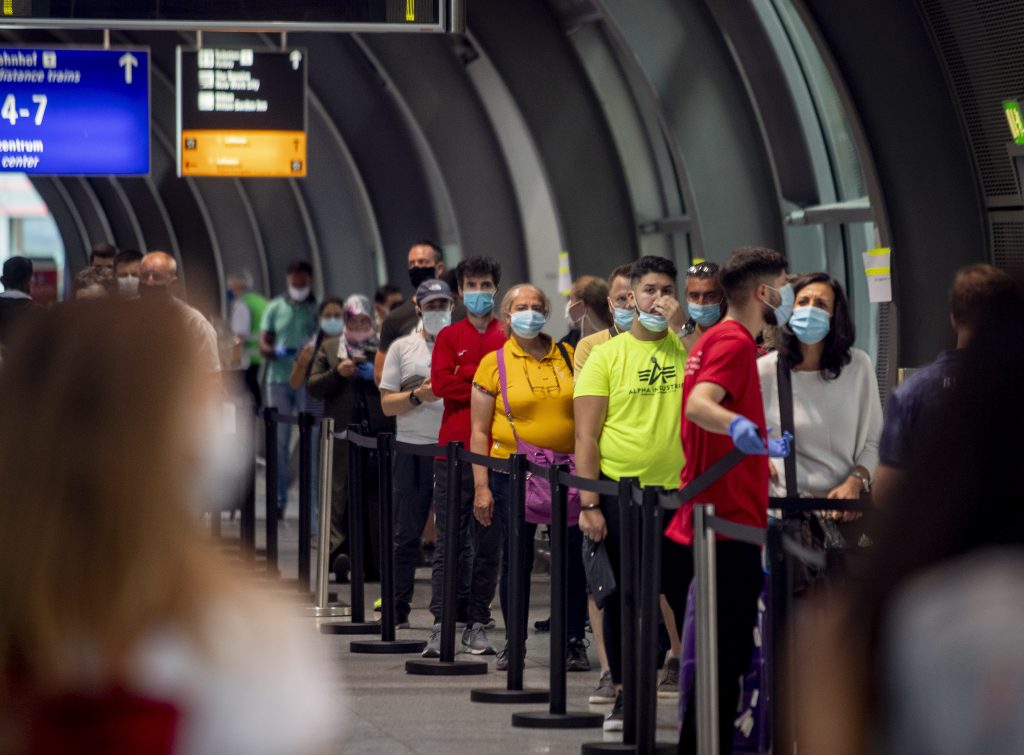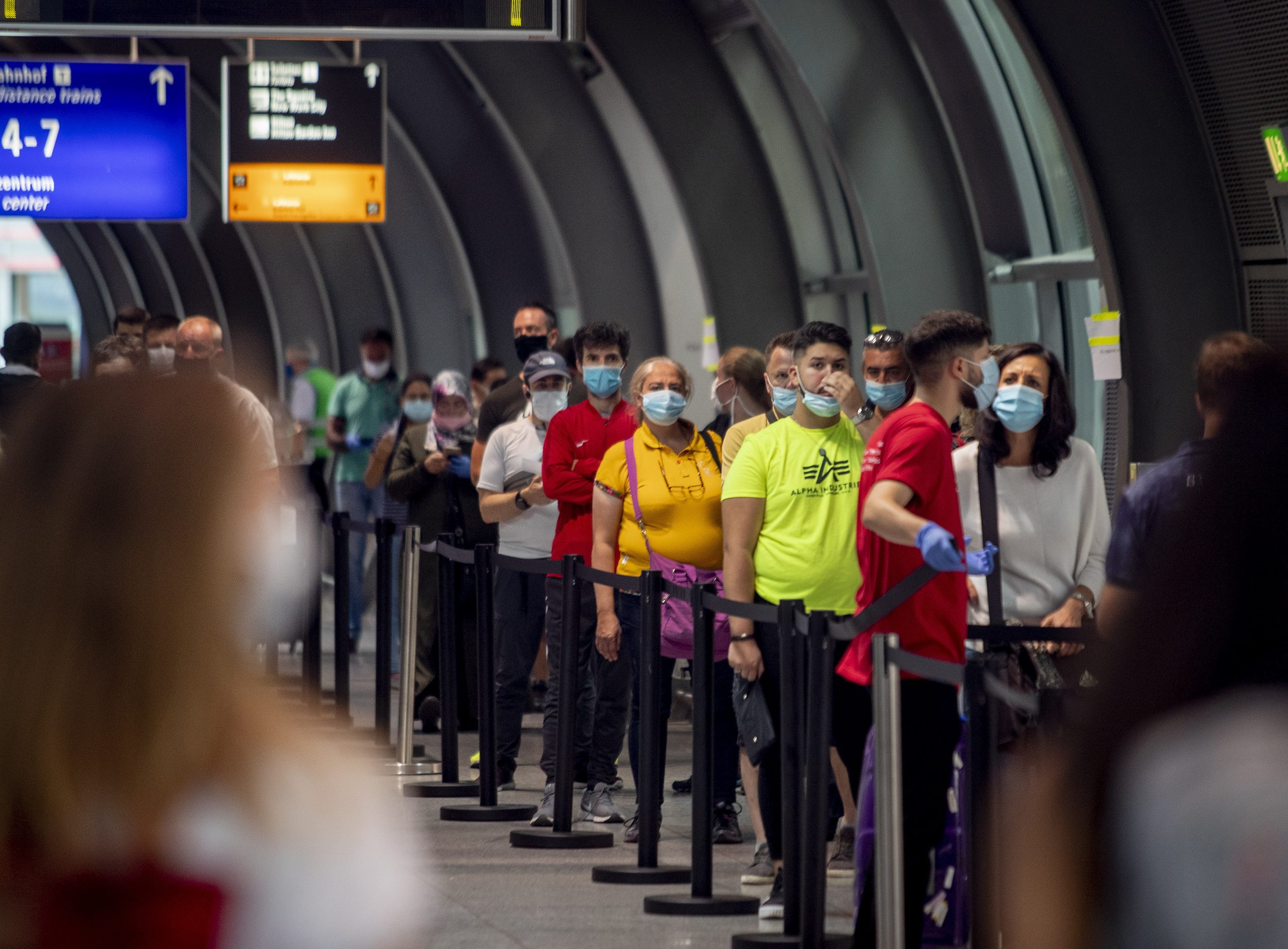With the latest indications in the medical circle that Vitamin D could be the ultimate cure for the novel Coronavirus (COVID-19) pandemic, many Europeans and Americans who left Africa in droves following doomsday predictions that it would ravage the continent are rushing back for succour.
Experts say vitamin D can help bolster the immune system, allowing it to better combat COVID-19. According to them, the best way to get vitamin D is through sunshine and since Africa is particularly blessed with it, the continent has become attractive to several people from developed societies desirous of protecting themselves against the disease. It is noteworthy that Africa experiences some of the greatest mean annual duration of sunshine which is approximately 4,300 hours a year. This explains why COVID-19 has not been devastating for Africa as earlier feared.

Recent researches suggest that adequate vitamin D levels help when people have common colds and flu, which are some of the symptoms of COVID-19. One of the researches done by team led by an Imperial College London-trained medical physicist, Dr Gareth Davies found “a striking correlation between COVID-19 severity and latitude.” The report indicates that the northern hemisphere – where seasonal vitamin D deficiency is rife – saw more tragic cases of coronavirus.
Working alongside Dr Joanna Byers and Dr Attila R Garami, Dr Davies came to the conclusion that “vitamin D deficiency is the dominant risk factor in severe coronavirus disease.” Vitamin D, he says, is “critical to immune function”. When vitamin D levels are high, “the innate immune system is strong”, he adds. According to him, vitamin D can also protect people from contracting SARS-CoV-2 – the virus that can causes COVID-19 just as the same vitamin D may reduce the severity of illness in persons who test positive for COVID-19.
Although, the current National Health Service (NHS) guidelines suggest that everybody needs to be taking 400IU of vitamin D daily between October and early March 2021, Dr Davies insists this recommendation needs to be upped by 10 percent. He suggests that 4,000IU daily is what is needed to keep people safe from coronavirus. He adds that “most researchers believe that 10,000 IU daily is safe for most adults.”
Also worthy of note is that the peer-review of the findings by the Davies-led research team is yet to be done. “It takes up to a year in normal conditions,” asserts Dr Davies – and “we are yet to be 365 days into this pandemic,” he adds.
Another study by University of Chicago researchers led by Dr David Meltzer, the university’s chief of hospital medicine, also found a relationship between vitamin D deficiency and risk of developing COVID-19.
“There’s a lot of evidence that we should be taking [vitamin D deficiency] very seriously,” Meltzer says. “If you’re taking a reasonable dose of vitamin D, it’s hard to see how it hurts and it could help a lot,” he notes.
While placing 489 patients at the hospital on close observation, the researchers found that those with a vitamin D deficiency (defined as less than 20 nanograms per milliliter of blood) were almost twice as likely (1.77 times higher) to test positive for the novel coronavirus than those with normal levels of vitamin D. “These findings appear to support a role of vitamin D status in COVID-19 risk,” the researchers wrote in their report.
They also called for further clinical studies on the possible link between the vitamin and the disease.


